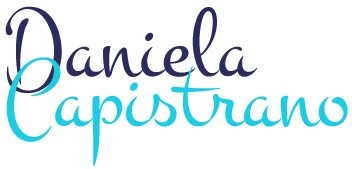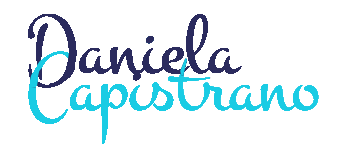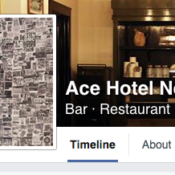It's not surprising to me that my company/work culture extends into Facebook. It's a space that encourages that behavior in ways that continue to make it superior to MySpace in terms of true social networking capabilities.
Many of my coworkers have profiles on both sites, but it's the activities on Facebook that are primarily a part of the proverbial water cooler convos. It's just easier to keep track and up to date on all your coworkers habits and interests on Facebook than MySpace, thanks to the News Feeds and endless integrated third party apps that track and make public our activities such as Twitter, Last FM, ILike, etc.
You can visit your friends MySpace page, but can you tell what groups they've recently joined? What images they added to Flickr an hour ago? What movies they recently rated, what conferences they plan on attending --- All from your own home page? Nope, and that's why Facebook is rapidly becoming
the place where the employable (and those aspiring to be) go to play, snoop, connect, and seek out professional opportunities.
According to the Facebook blog,
their new hires use the network to friend and get to know their coworkers. Imagine that - Before making the rounds on your floor, you would browse profiles? That would be your first (and internally encouraged) impression of your colleagues? I wonder how I would perceive my own coworkers if I based my
first impression on their social networking profiles, rather than day to day interactions. Would it affect my opinion, and how? The question is no longer "is this a good idea?", but should be "since this is happening, how does this effect my job conditions?"
Like with Facebook employees, there are office inside jokes at my place of employment centered around activities within the network. Those who aren't periodically checking in miss out. Is this important? On a small scale, no. Not attending every work related function is a comparable example; It's not that important for you to know who's zombie bit who, who's graffiti said what. None of this activity is mandatory/need to know info, but it can be useful in some respects.
Now more than ever, there is an alternative window into discovering the alliances and social groupings of your workspace. If you are in an industry where
who you know is almost as important as
what you can do (in terms of job security, advancement, and professional development) staying connected is a must. And that is pretty much every industry, so how does this information change your work habits? A little? A lot? Have you considered how all this information can be used for or against you?
Not everyone abides by the same rules, or attends the same parties, and there is no cookie cutter social networking equation to success. But it would be a good idea to consider how much all this connectivity is both helping and inhibiting you.
For the next generation, it won't be a novelty for their employer to discover their primary social networking profile. It will be a line on every application for every job. If you think that's Big Brother talk, wake up - We are all our own Big Brother right now.






